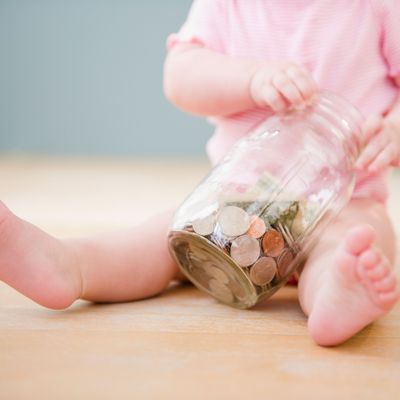
With the exception of Italy, childless women around the developed world earn more than their mother counterparts, according to a report from the Organization for Economic Cooperation and Development. The median childless woman earns 7 percent less than her male counterpart, while the median full-time working mom earns 22 percent less than a full-time working man. Here, we call it the “mommy penalty,” and we attribute most of our national gender wage gap to it. Women choose lower intensity jobs in order to be available for their children, or jobs where more of the compensation comes in benefits for their children. Or they miss a round of promotions and raises while they’re on maternity leave. Or, you never know, they might be discriminated against in hiring.
According to data from the OECD’s member countries, the severity of the mommy penalty varies from country to country. The wage gap in Spain widens only by about one percentage point for mothers, while in Korea and Japan the wage gap widens by more than 40 and 60 percent points, respectively. By comparing the wage gaps experienced by mothers and non-mothers, the Atlantic came up with a rough index for the cost of having a child around the world. So, where will having a kid have the lowest impact on your earning potential?
In the Netherlands, women can expect to lose 7 percentage points compared to male earnings for having kids, the lowest of reported countries. That might be what you’d expect from social-welfare-happy Europe, but other countries where childless women match or outearn men (like the Netherlands) don’t do as well by their mothers. In Ireland, women without children make 17 percent more than men, but having children costs them about 31 percent points. Same thing with Australia and Luxembourg.
From the limited data, it’s hard to know what the solution is — or if there even is a problem — except the usual French and Swedish provisions like state day care, universal health care, and paid maternity and paternity leave. But looking at the same report, the New York Times points out that enrollment in day care is a good predictor for a small wage gap, but longer parental leave has the opposite effect, perhaps by encouraging mothers not to use day care, and therefore stay out of work longer. But that might be what they choose and what is best for their children. Who knows? And where’s all the male data on parenting choices and earnings?

